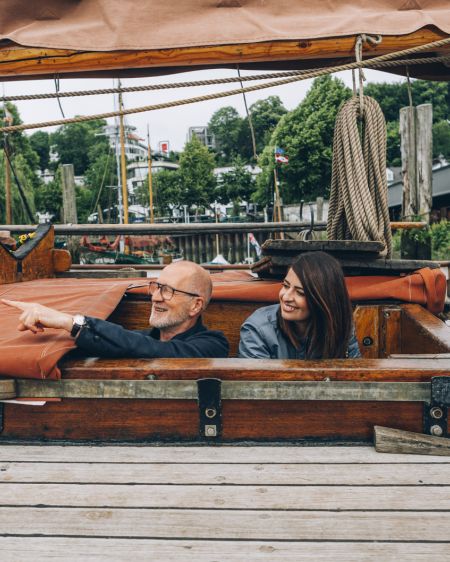SWM
The Munich of tomorrow
For M-Puls, the service magazine of Stadtwerke München, we look ahead with futurologists. In our three-part interview series, we asked Matthias Horx, Prof. Dr. Stephan Rammler and Prof. Dr. Matthias Garschagen how Corona is transforming Munich - and how mobility and weather are changing in the city.
Stadtwerke München is already working today to realize the future needs of Munich's residents. That is why they have been investing for years in projects that make Munich a forward-looking and innovative city. But what will life in the Bavarian capital look like in the future? For M-Puls, three trend researchers have reflected on how Munich will change and how we can all contribute to ensuring that the city remains livable.
"SWM has never lost sight of the issue of services of general interest and acts very agile - that will pay off."
Prof. Dr. Stephan Rammler
You can find the full-length interviews in issues 02/2020, 03/2020 and 01/2021 of M-Puls – and online at www.swm.de/interview.






